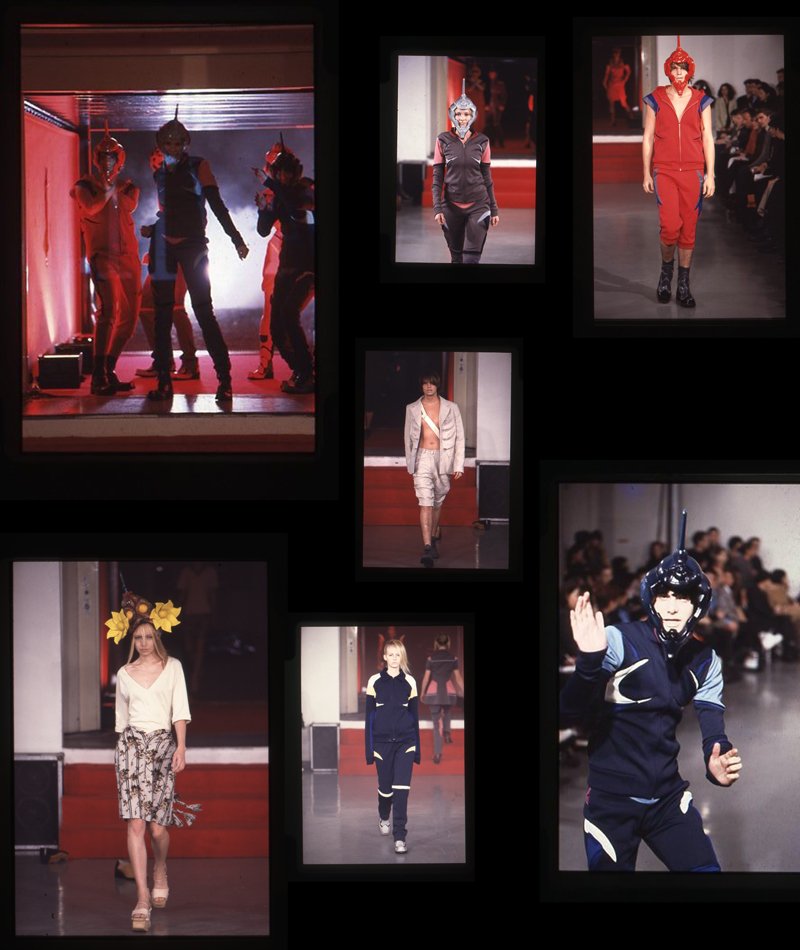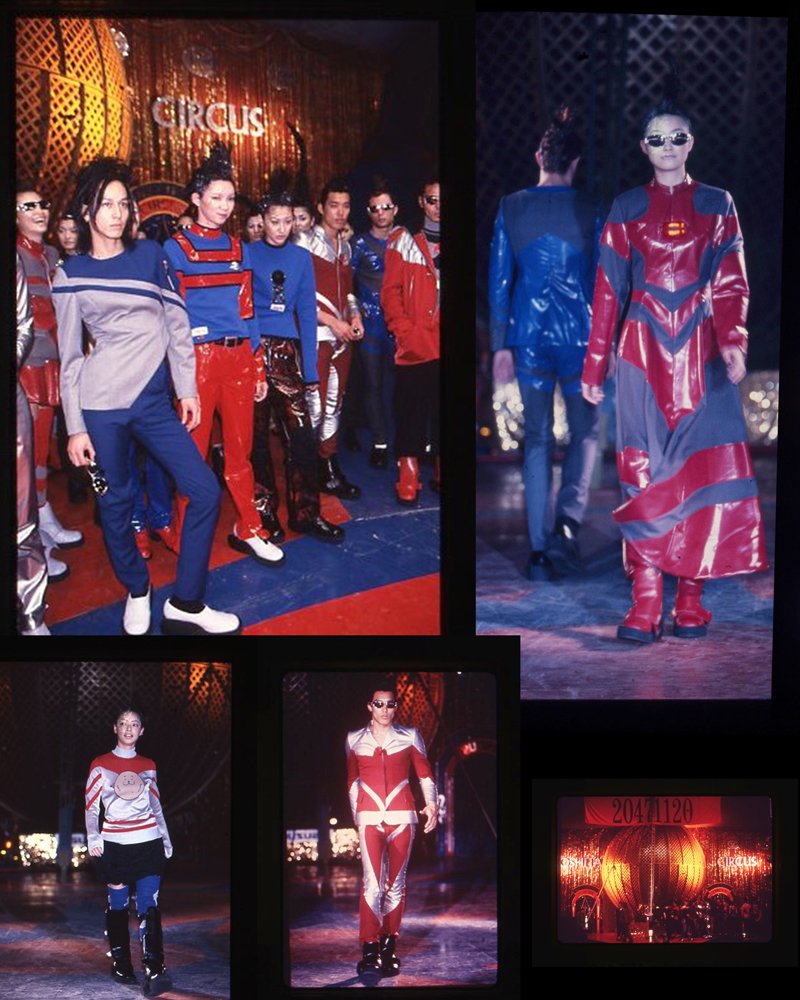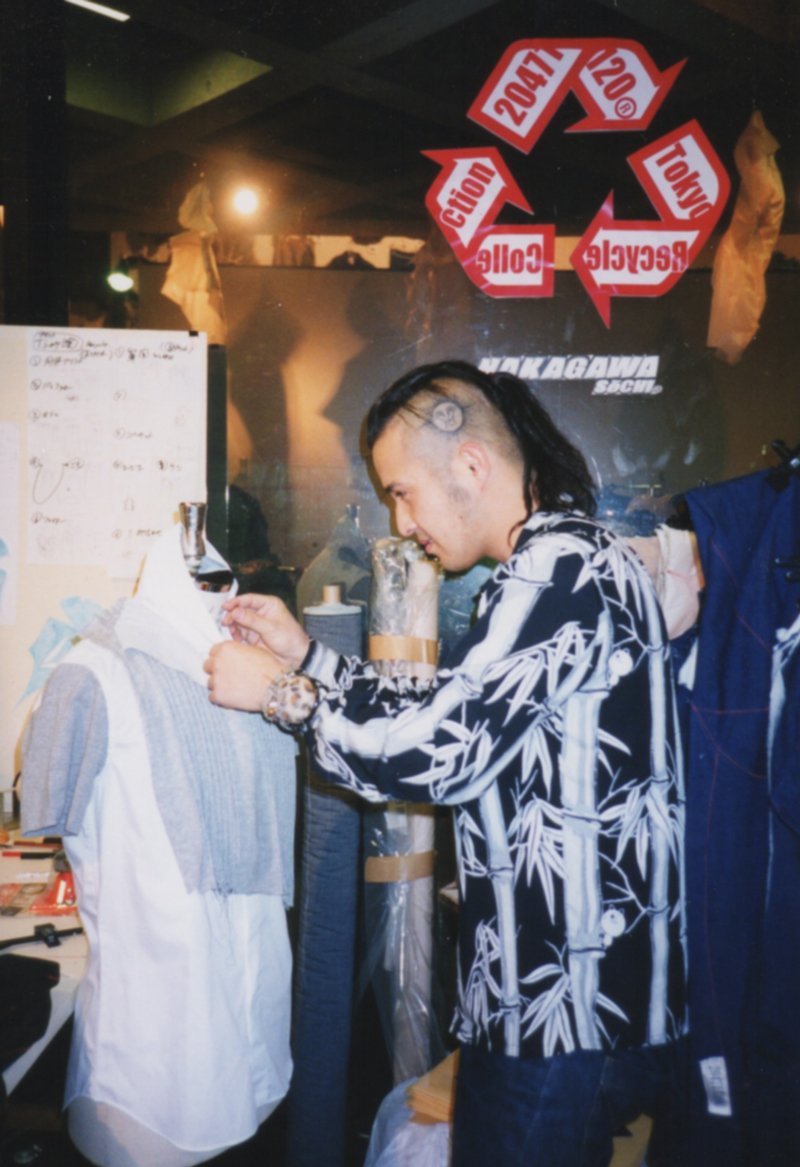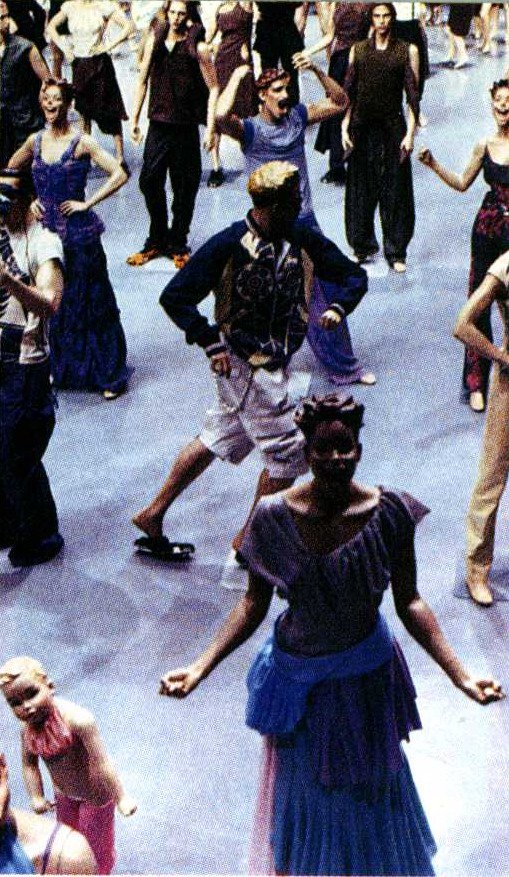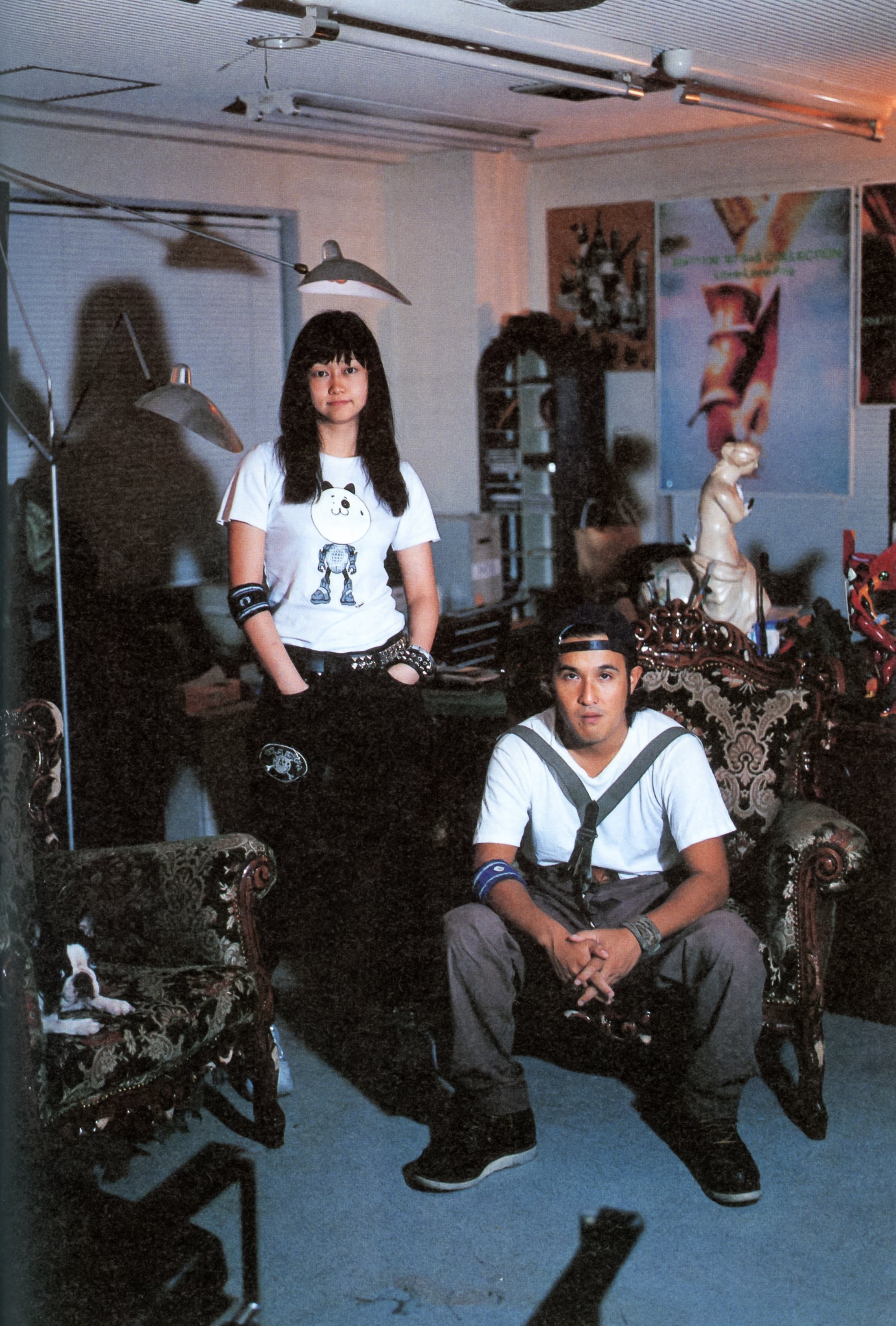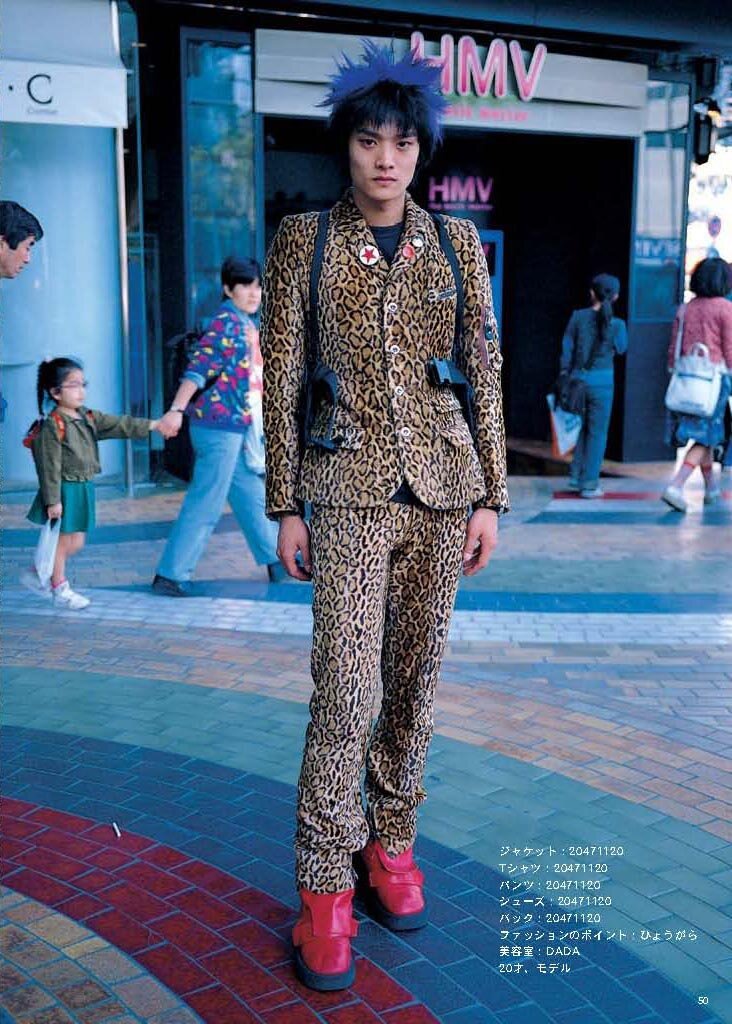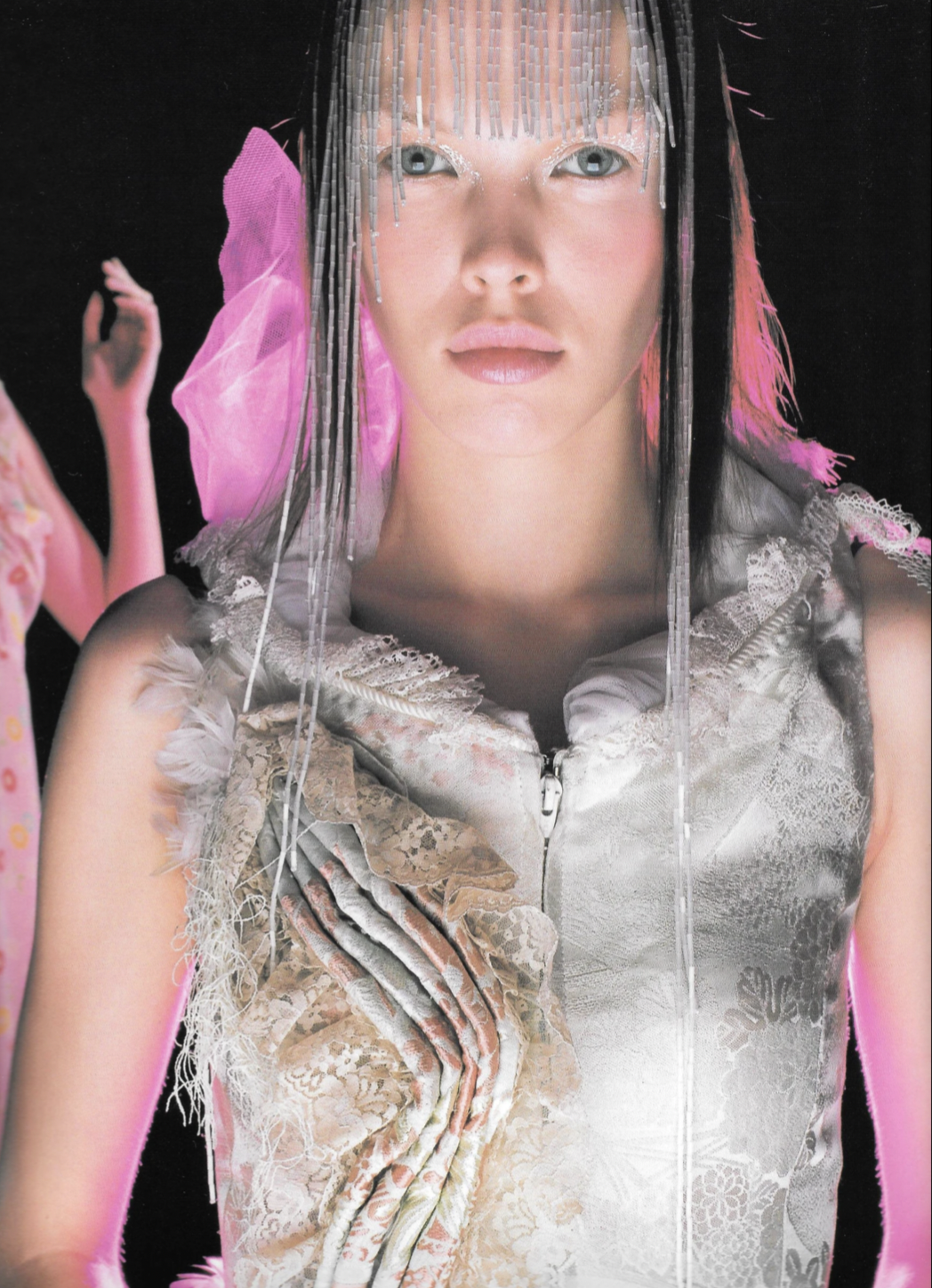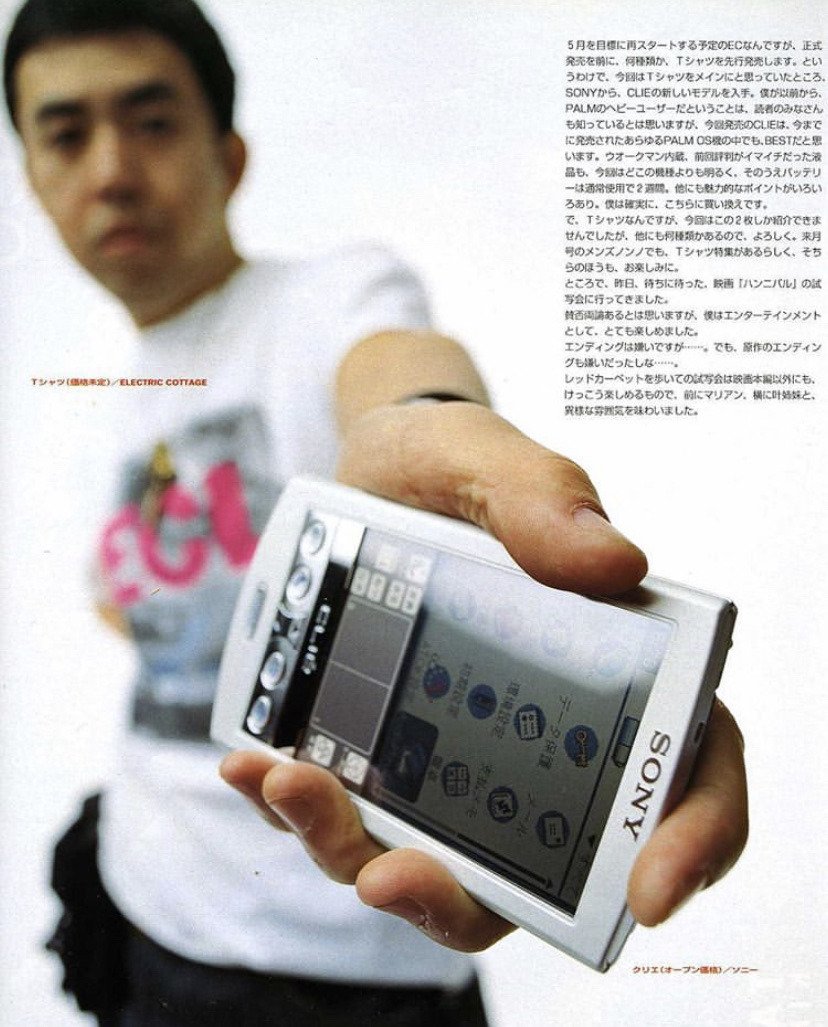How 20471120 Forecasted the Future of Fashion
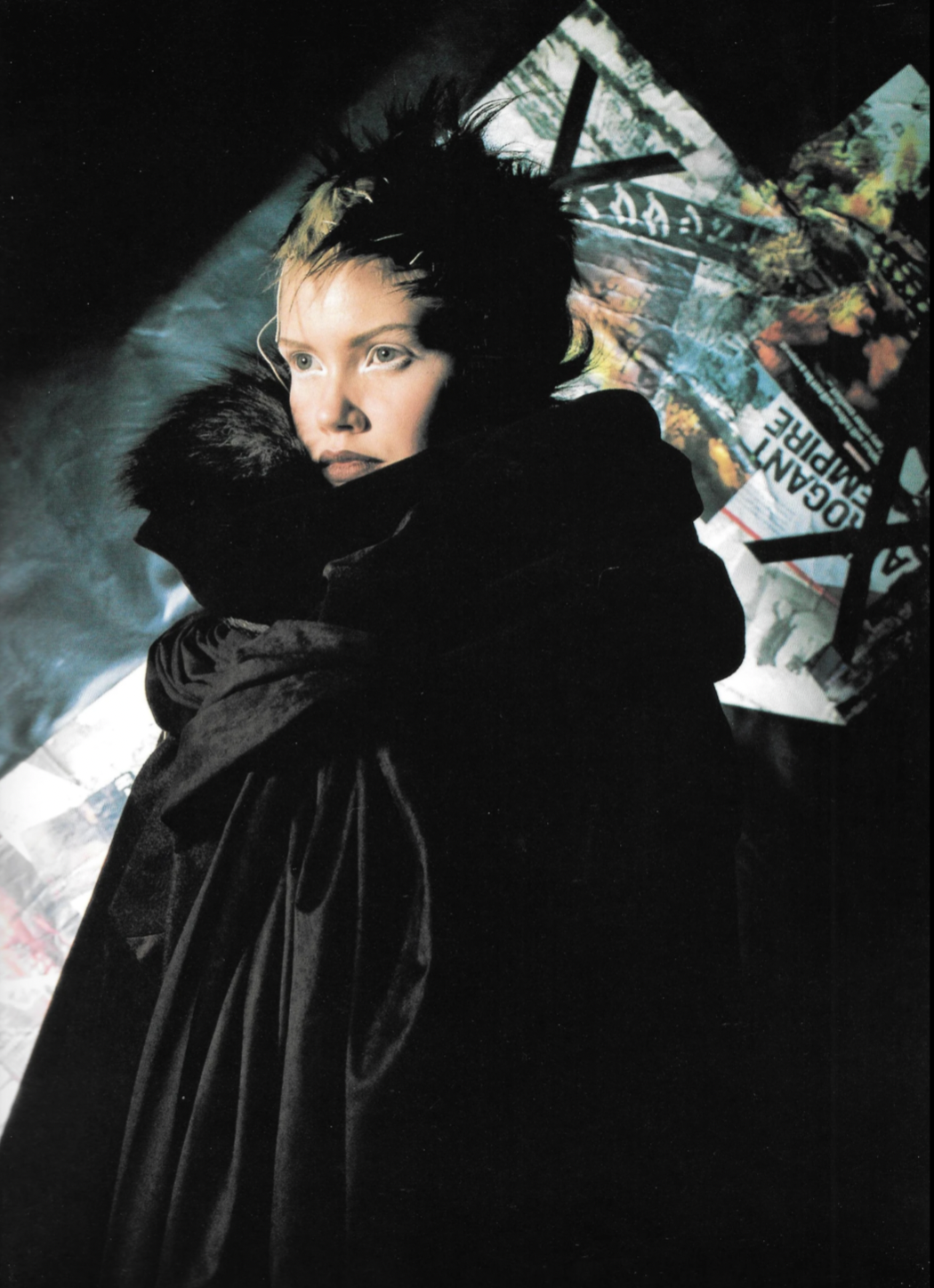
Now regarded as a Urahara cult label, 20471120 is rooted in the creative circles of Ōsaka.
Founded by Masahiro Nakagawa and LICA as ‘Bellissima’ in 92, the brand has undergone an exciting evolution of collections; it started in its birthplace, moved to Tokyo, and finally landed in Paris. Even though ‘20’ was discontinued in 2003, its lifespan was full of groundbreaking ideas.
The transition from Bellissima to 20 marked a pivotal turning point, as the brand opened a store in Harajuku and took part in the ‘Tokyo Collection.’ It did things differently, and, as a result, Tokyo was caught off-guard by the uniqueness of its garments, store design, and overall brand concept.
Alluding to the future, as the name indicates the 20th of November, 2047, the founders have taken cues from deconstructionist design paired with a dramatic affinity to fictional worlds. With a dauntlessly anarchic disposition that defied all limits, 20’s portfolio consisted of perplexing products like lizard helmets and dinosaur boots.
Collaterally to their product design, presentations were understood as performance art. While fashion shows are usually exclusive to industry people, 20 saw them as get-togethers of its devoted community. Thus, tickets were available for purchase, having led to audiences of over 5000 fans.
One of 20’s most popular designs is the character ‘Hyoma,’ whose application in luxury-priced collections was another pioneering notion. While ‘kawaii’ culture is inherently linked to Harajuku today, the integration of a cute-looking character preceded Murakami’s ‘Superflat’ exhibition and was therefore misunderstood by most fashion critics. Nonetheless, Hyoma’s cute but creepy design rose into a much-beloved icon.
In 1999, co-founder Nakagawa felt overwhelmed by the speed of production, identifying the need to break the vicious cycle. In a time before sustainability manifests, the “Tokyo Recycling Project” was brought to life as an initiative that introduced upcycled garb into avant-garde attire. Eventually, its progressive ethos marked the end of 20471120, as Nakagawa saw it as an independent enterprise.

